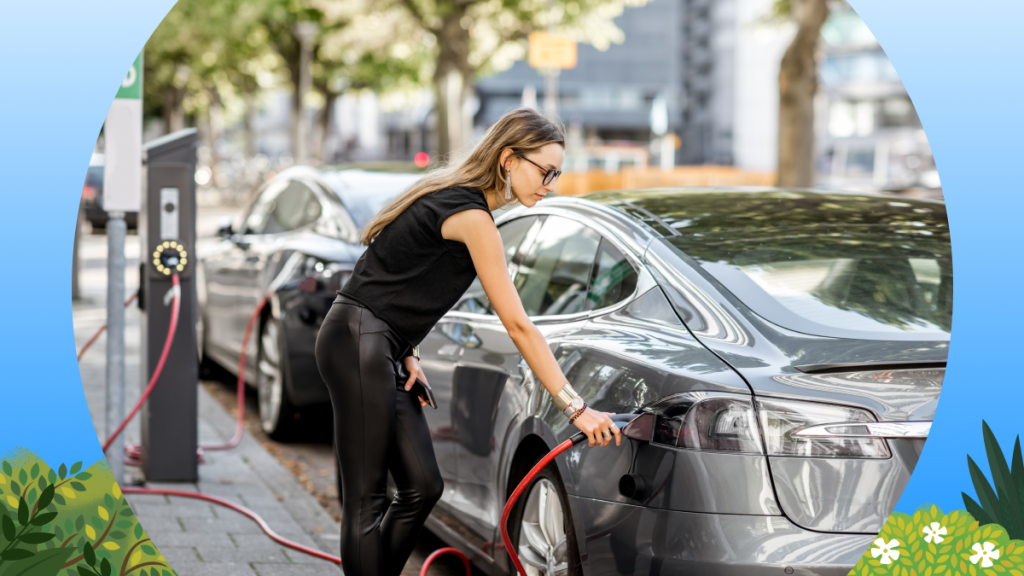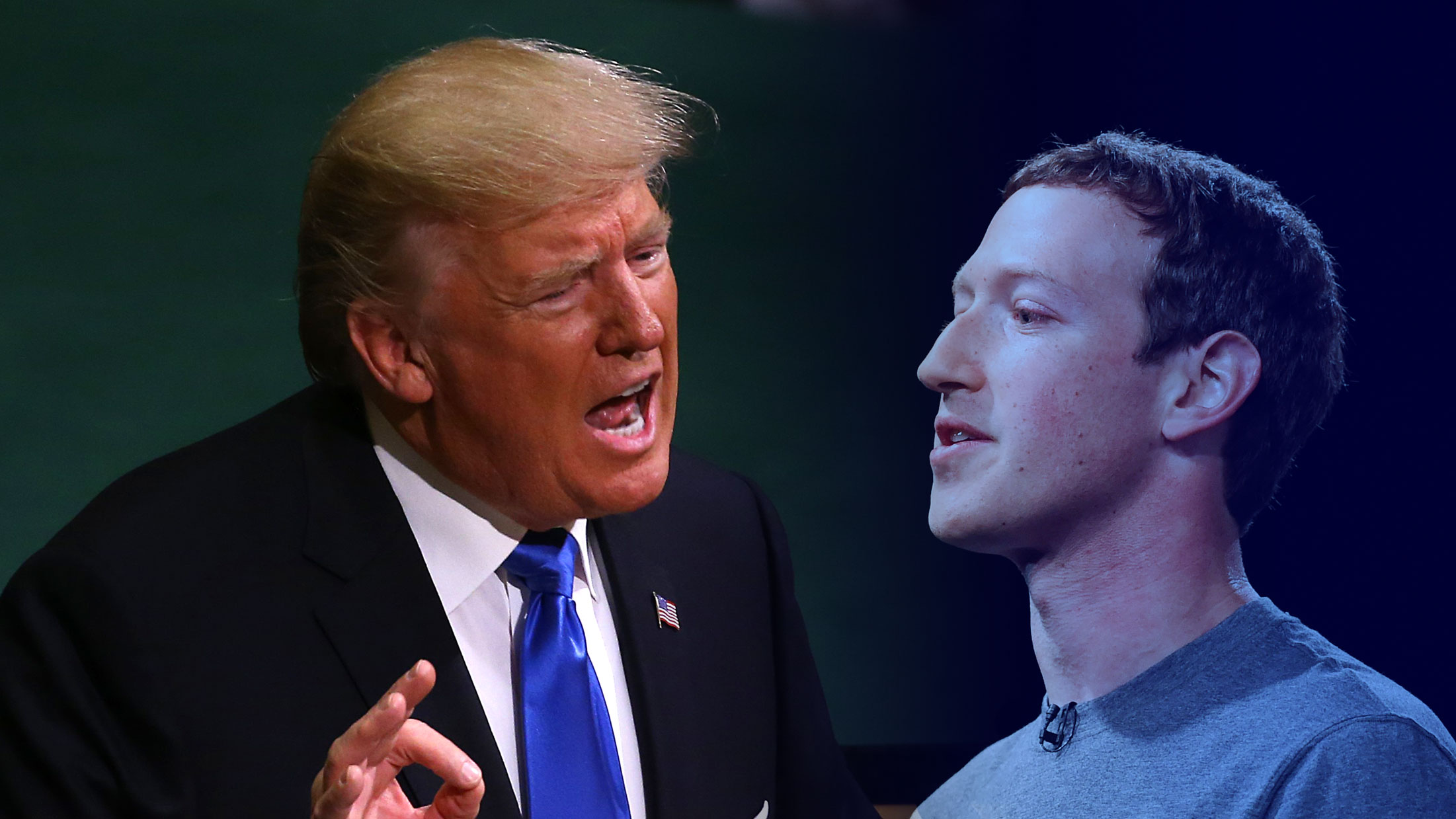Auto Dealers Intensify Fight Against EV Sales Requirements

Table of Contents
Financial Concerns and the Transition to EVs
The transition to electric vehicles presents significant financial hurdles for auto dealers. The high initial investment required for EV infrastructure is a major concern. This includes the cost of installing charging stations at dealerships, training staff on EV technology, and adapting service departments to handle EV repairs and maintenance. Furthermore, profit margins on EVs are often lower compared to gasoline-powered vehicles due to increased manufacturing costs and higher initial investment in technology.
- High upfront costs of inventory and dealership upgrades: Dealerships need to invest heavily in new inventory, specialized tools, and trained personnel to handle EVs effectively.
- Lower profit margins per vehicle due to increased manufacturing costs: The complex technology involved in EV production translates to higher manufacturing costs, reducing the profit margin for dealers.
- Uncertainty about consumer demand and future market trends: The long-term viability of the EV market remains uncertain, making it difficult for dealers to justify significant upfront investments.
- Lack of government support for dealer transitions to EV sales: Many dealers feel that government support for the transition is insufficient, leaving them to shoulder the financial burden alone. This includes inadequate financial incentives and insufficient infrastructure development.
Challenges in Consumer Adoption and Public Perception
Consumer adoption of EVs faces several challenges that indirectly impact auto dealers. Range anxiety, concerns about charging infrastructure availability, and the higher initial purchase price of EVs are major obstacles. Addressing these concerns requires significant investment in public education and awareness campaigns.
- Limited charging station infrastructure in certain regions: The lack of widespread charging infrastructure, especially in rural areas, deters potential EV buyers.
- Higher initial purchase price compared to gasoline cars: The higher cost of EVs compared to gasoline cars remains a significant barrier for many consumers.
- Concerns about battery life and replacement costs: Uncertainty about battery lifespan and the high cost of battery replacements contribute to consumer hesitancy.
- Misconceptions and lack of understanding about EV technology: Many consumers lack a clear understanding of EV technology, its benefits, and its maintenance requirements.
Legislative and Regulatory Hurdles Faced by Dealers
The specific regulations and mandates driving the conflict are a major source of frustration for auto dealers. Government-imposed EV sales quotas are often perceived as unrealistic and inflexible, especially considering the challenges in consumer adoption and infrastructure development. This has led to legal challenges and intense lobbying efforts by dealer associations.
- Unrealistic sales quotas imposed by government regulations: Many dealers argue that the mandated sales quotas are not aligned with current market realities and consumer demand.
- Lack of flexibility in adapting to changing market conditions: Rigid regulations leave dealers with limited flexibility to respond to fluctuating consumer demand and market dynamics.
- Potential penalties for non-compliance with EV sales mandates: The fear of penalties for not meeting EV sales targets adds further pressure on dealers.
- Legal battles and lobbying efforts by dealer associations: Dealer associations are actively engaged in legal challenges and lobbying efforts to influence EV sales regulations.
Potential Impacts on the Automotive Industry and Consumers
The conflict between auto dealers and EV sales requirements has broader implications for the automotive industry and consumers. The potential impact extends to job security, economic growth, and the overall transition to a cleaner energy future.
- Potential job losses in the short term due to dealership closures: Dealers struggling to adapt to EV sales mandates may face financial difficulties, potentially leading to closures and job losses.
- Delayed transition to electric vehicles, hindering environmental goals: If the conflict significantly slows down EV adoption, it will hinder progress towards environmental sustainability goals.
- Increased costs for consumers if the transition is hampered: Obstacles to the EV transition may lead to higher prices for consumers due to reduced competition and slower technological advancements.
- Impact on the overall competitiveness of the domestic auto industry: A delayed transition to EVs could negatively impact the competitiveness of the domestic auto industry on the global stage.
Conclusion: Navigating the Future of Auto Sales and EV Adoption
The resistance to EV sales requirements stems from a complex interplay of financial challenges, consumer adoption hurdles, and regulatory concerns faced by auto dealers. While dealers' concerns are valid, the transition to electric vehicles is crucial for environmental sustainability and long-term economic growth. A collaborative approach is essential, involving government support for dealers through financial incentives and infrastructure development, comprehensive consumer education initiatives, and the establishment of realistic EV sales targets. Further investigation into the issue and informed discussions about the future of the automotive industry are crucial to finding solutions that benefit both dealers and consumers. Let’s work together to overcome the challenges surrounding EV sales requirements and accelerate the transition to a sustainable future for the automotive industry.

Featured Posts
-
 Is The Razer Blade 16 2025 Worth The Cost A Performance Review
Apr 22, 2025
Is The Razer Blade 16 2025 Worth The Cost A Performance Review
Apr 22, 2025 -
 Trump Administration Escalates Harvard Funding Dispute With 1 Billion Cut
Apr 22, 2025
Trump Administration Escalates Harvard Funding Dispute With 1 Billion Cut
Apr 22, 2025 -
 Office365 Data Breach Nets Millions For Crook Federal Investigation Reveals
Apr 22, 2025
Office365 Data Breach Nets Millions For Crook Federal Investigation Reveals
Apr 22, 2025 -
 Zuckerbergs Next Chapter Navigating A Trump Presidency
Apr 22, 2025
Zuckerbergs Next Chapter Navigating A Trump Presidency
Apr 22, 2025 -
 La Fires Landlords Accused Of Price Gouging Amid Crisis
Apr 22, 2025
La Fires Landlords Accused Of Price Gouging Amid Crisis
Apr 22, 2025
